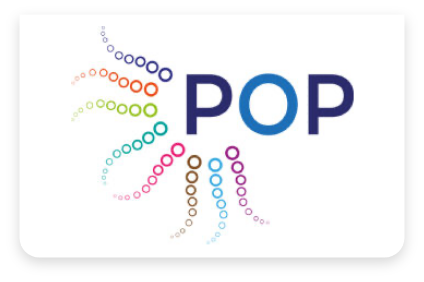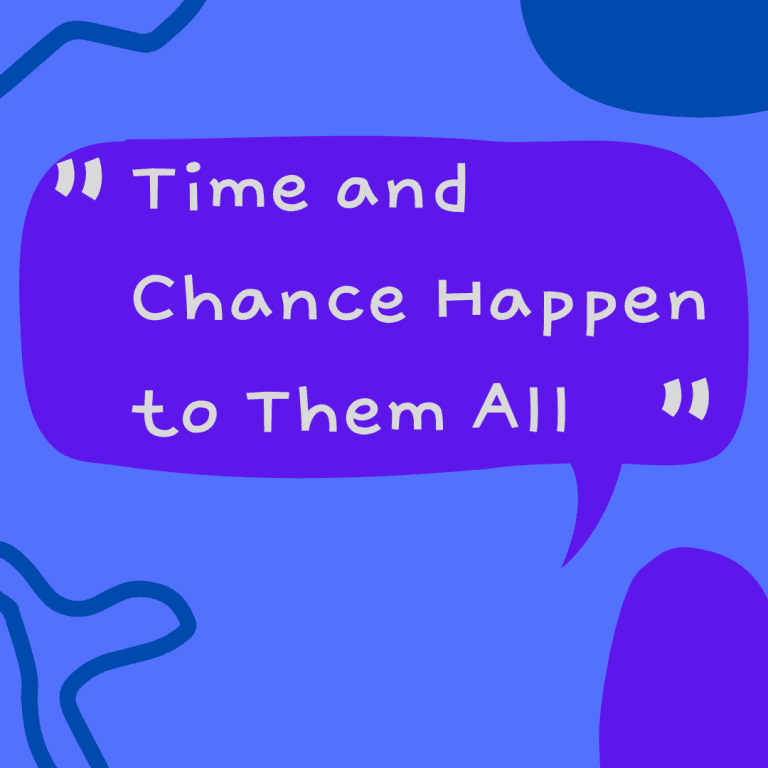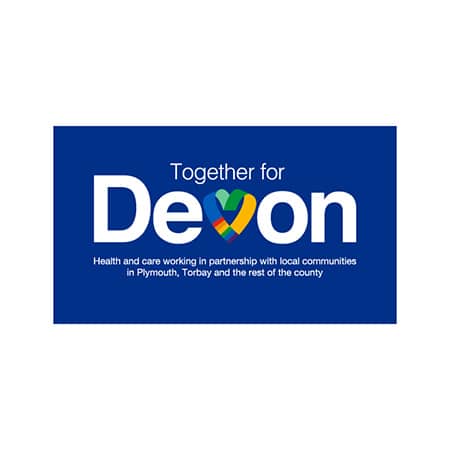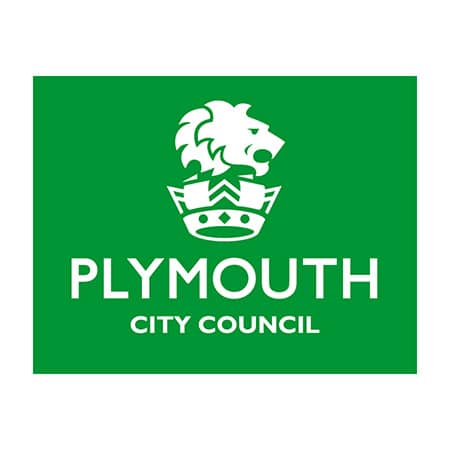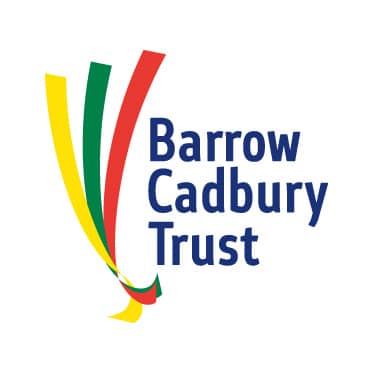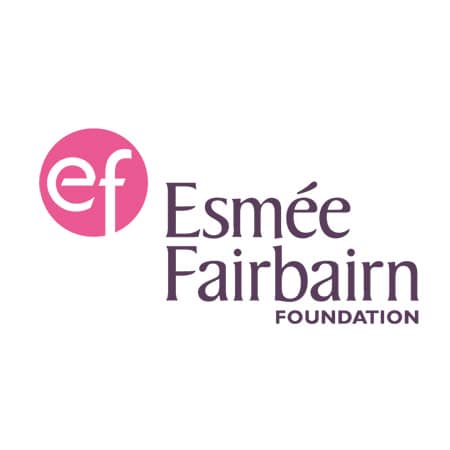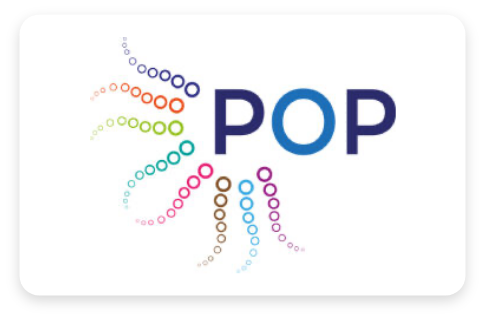Simon Travers, POP Learning Champion
The first blog of this series on the POP ‘Mini Systems’ experiment told the story of how a £40,000 grant was awarded to a collective through a democratic lottery. As a new idea being explored by various funders,1 questions should be raised about if this funding model is fair. My view is that democratic lotteries highlight the ways that luck determines funding success and impact delivery across a variety of funding approaches.
After the main grant of £40,000 had been allocated, POP contacted the seven unsuccessful groups and asked if they wished to continue in the process to allocate the remaining £20,000 available. Six groups wanted to carry on, but when asked, they all said they needed £5,000. POP had to consider what was fairer? We could share resources but underfund each group or fully fund four out of six collaborations. We chose to stay consistent to the process and run another lottery. You can see the result here.
Over the past two years, POP has been in an unusual funding situation. The large Esmée Fairbairn Plymouth grant and a commitment to small scale, collaborative funding have combined so that almost everyone who has asked for funding from POP has received it. Part of the point of doing the ‘Mini Systems’ experiment for POP was to work with a resource that could not be equally distributed to everyone. How do you foster collaboration when you can’t please all the people all the time? How do funders account for fairness when, as in our second lottery draw, passionate people who run great projects that demonstrate value are not guaranteed funding?
The Internet Revolution has made permanent changes to the Voluntary, Community and Social Enterprise sector. It has never been easier for talented, well qualified individuals to get involved, get online, build a platform, and hope to make a living by delivering social benefit. Our society must embrace that change. We constantly need more people, diverse voices with imaginative approaches, to address complex problems such as poverty, social isolation, and climate change. It should be easy, and there should be space, for an ever-growing abundance of individuals and groups to be sustainably resourced to make a collective difference.
In reality, we see funding practices that either overburden small grassroots organisations or encourage unhealthy competition between them. Funders look to pass risk onto those applying for funding. Organisations looking for funding fight to stand out from the crowd. These are deep seated drivers of destructive competitive behaviours in the VCSE sector.
The VCSE and funding communities need an urgent conversation about how the ever-increasing number of skilled individuals working for social benefit outstrips the ability of funders to adequately resource all of their work. Increasing the available resources is part of the solution, but so is acknowledging the determining role luck plays in funding.
Luck works in funding in a similar way to poker. Success requires skill, strategy, and an ability to ‘read’ people, but you also need to have the cards fall in your favour. As in poker, part of understanding the way that luck works in funding is to be transparent about probabilities.
In any funding scenario, as in poker, the probability that an organisation or group will succeed can be measured. In our first democratic lottery, each collective had a 12.5% chance of receiving £40,000. In
the second democratic lottery, each collectives’ chance of being funded £5,000 rose to 66%. A strength of the ‘Mini Systems’ process was that, although each of us involved had favourite projects, each group retained a genuine equal chance of success. The only way participants could increase their probability of being funded was to become involved in more than one collective. We allowed this, as we did not want to penalise people for being good at collaborative working or for possessing skills that could be applied in different situations.
There is nothing that an organisation seeking funding can do to guarantee success and nothing a funder can do to eliminate risk. Organisations write high quality bids that meet the criteria set then fail to get funded because a panel were attracted to a different project. A funder may invest in a project on the promise of high impact, only to find that the project does not function as hoped because other funding falls through or logistical problems such as staffing changes occur. If there is no guarantee of success after you have done your utmost, then logically, success and luck must be connected.
That applies at every scale of funding. In ‘The Powerball Revolution’, Malcolm Gladwell shares a story about the National Institutes of Health (NIH).2 This organisation funds bio-medical research in the United States and provides $30 billion of grants each year.3 The NIH has an established peer review system that has run for 75 years to decide which science projects it will fund. Despite its massive budget, the 80,000 funding applications that are made to the NIH each year have approximately a 20% chance of success. A peer review system, based on a two-stage process, decides which projects succeed. The review system favours ‘low risk projects.’4 However, when the NIH researched the effectiveness of the peer review process, it found there was no strong correlation between what they considered the top-rated projects and the projects that were most useful to other scientists. Researchers have to be lucky with odds of 4-1 to be selected from a pool of thousands of qualified scientists to get funded. Meanwhile, the NIH has been relying on luck for impact while believing it was acting scientifically.
Humanity has always had a witness that luck determines success, even though we often choose to believe otherwise. Over 2,500 years ago, the Iron Age philosopher responsible for the book entitled Ecclesiastes made this statement:
The race is not to the swift or the battle to the strong, nor does food come to the wise or wealth to the brilliant or favour to the learned; but time and chance happen to them all.5
Traditional funding mechanisms, with application forms and selection panels, are intended to be scientific and meritocratic. However, the complex, intersecting combination of factors involved in any funding decision mean ‘time and chance’ rise to the forefront. Having someone on your team that is good at bid writing is lucky. Having the right opportunity for the right moment with the capacity to respond is lucky. Having good chemistry with a selection panel is lucky.
For POP, we are relying on luck for the success of the ‘Mini Systems’ project. There is a 12.5% chance that, of the collectives who applied, the group chosen to receive £40,000 will be able to deliver the highest amount of social impact for Plymouth’s community wellbeing. Regardless of which process we could have chosen to allocate the funding, or any attempts to reduce risk, the maths remain constant. We can be transparent about this with a democratic lottery.
Through the mini-systems process, I observed that kind of transparency starts to impact funder behaviour. I will explore this more in the next blog.
1 https://www.timeshighereducation.com/news/british-academy-trials-awarding-research-grants-lottery
2 https://www.pushkin.fm/podcasts/revisionist-history/the-powerball-revolution
3 https://www.nih.gov/grants-funding
4 https://www.nytimes.com/2018/06/18/upshot/why-the-medical-research-grant-system-could-be-costing-us-great-ideas.html
5 Ecclesiastes 9:11 (NIV Translation) https://www.biblegateway.com/passage/?search=Ecclesiastes%209&version=NIV
